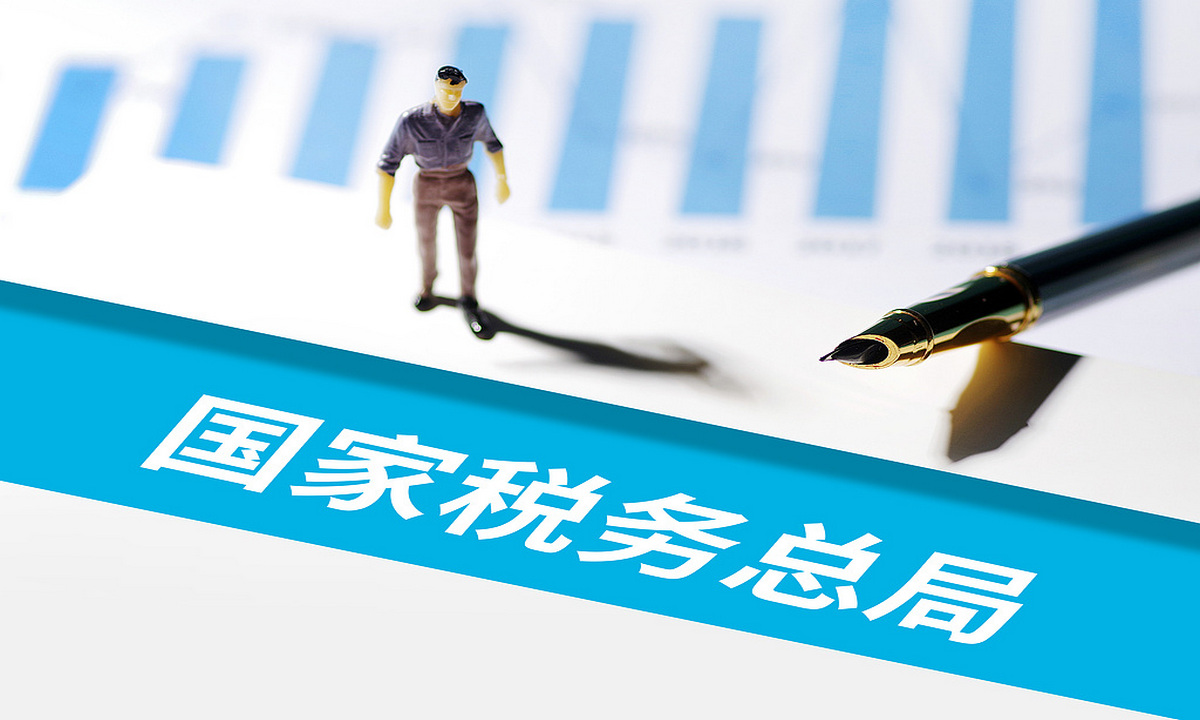China Shipbuilding's Board Meeting: Governance and Financial Prudence

The scheduled board meeting for China Shipbuilding Industry Corporation on August 28, 2025, signals a crucial moment in the company's governance and operational oversight. This semiannual gathering is essential not only for review purposes but also for setting the tone for the subsequent fiscal periods as firms increasingly focus on adaptive strategies in a volatile market landscape. Such meetings are fundamental in a sector as capital-intensive as shipbuilding, where project timelines and financial health greatly influence competitive positioning.
The emphasis on the unaudited half-year report for the period ending June 30, 2025, reveals a proactive approach to financial scrutiny within the firm. Investors and stakeholders are right to prioritize these early assessments, particularly considering the broader global economic climate. Following recent trends, where rising input costs and supply chain disruptions have become commonplace, early reporting allows management to adjust strategic operations and safeguard EBITDA margins against adverse market shifts. China's shipbuilding sector, while robust, is not immune to fluctuations in external economic indicators, such as GDP growth rates and export-import balances, which makes this report particularly pertinent.
However, the disclaimer issued within the meeting announcement by Hong Kong Exchanges and Clearing Limited introduces an element of caution that investors must heed. It raises the question: how can stakeholders trust the integrity of the information provided? In an environment marked by regulatory scrutiny and the recent ghost of the 2008 financial crisis looming over global markets, the reliability of corporate disclosures is under significant observation. Past incidents of misleading reports have led to dire consequences for regulators, investors, and corporations alike. Thus, while the organizational structure comprising eight board members, inclusive of independent directors, aims to enhance governance and mitigate risks of malfeasance, it is the accountability mechanism surrounding information disclosure that warrants critical examination.
Read These Next

Sam Altman: AI Bubble Market Emerging with Increased Spending
Sam Altman of OpenAI warns of a potential bubble in the AI market as investments surge, likening it to the dot-com bubble. He acknowledges AI's revolutionary potential but urges caution regarding inflated valuations and speculation.

China Announces First Tax Fraud Cases in New Three Sector
China's State Taxation Administration tackles first tax fraud cases in new-energy vehicles, aiming for fair business practices.

Intel to Issue Shares for SoftBank Investment on August 19
SoftBank will invest in Intel via additional shares, under 2% of market cap, signaling confidence in tech and innovation trends.
